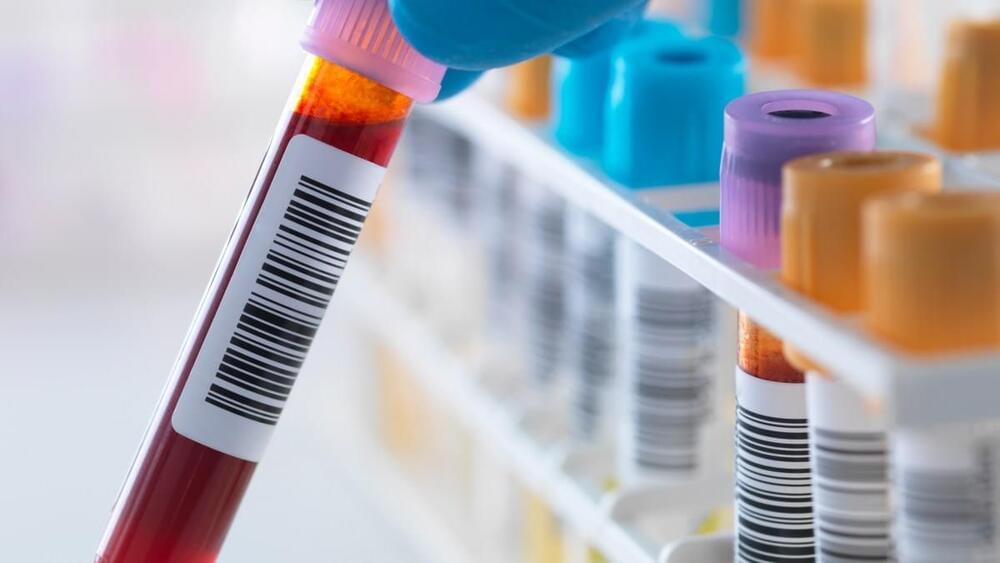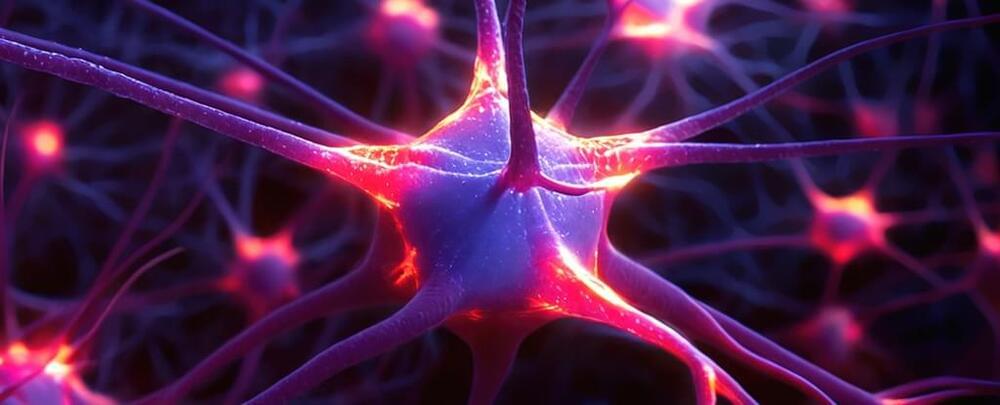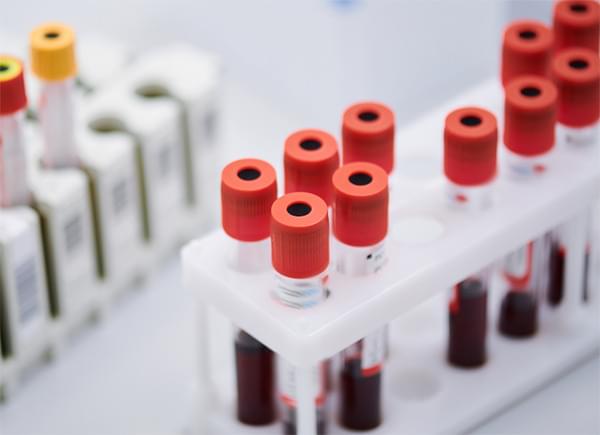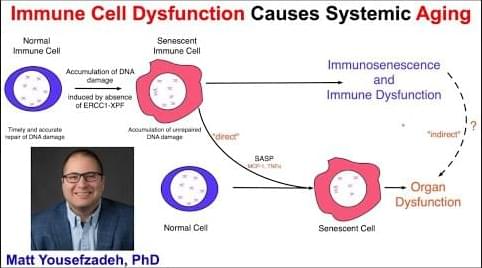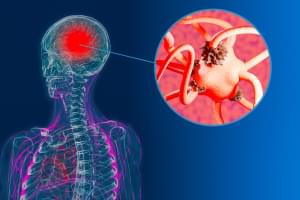Jan 17, 2025
‘Game-changing’ study of blood proteins will help fight disease
Posted by Shubham Ghosh Roy in categories: biotech/medical, nanotechnology
“Proteins are the molecular machinery that helps the body to function — and malfunction. Their role in disease is crucial, but rarely simple. Knowing which are associated with a particular disease can help doctors and scientists to spot it earlier and narrow down potential treatments,” writes Tom Whipple in The Times, as he describes the potential impact of a new study from UK Biobank that is the world’s largest exploration of all the proteins in the human body.
Thermo Fisher’s Olink Proteomics Explore HT platform, which enables precise analysis of proteins in the human body, will play a key role in the work. Researchers will use our technology to study the role proteins play in many types of diseases. Their findings will fuel the discovery of new protein biomarkers that could predict, diagnose and treat diseases. The study “has the potential to transform healthcare by the end of this decade,” says Dr. Chris Whelan, who is leading a group of pharmaceutical companies working on the project.
‘Treasure trove’ of samples provided by UK volunteers has the potential to transform healthcare by the end of this decade, say scientists.
Continue reading “‘Game-changing’ study of blood proteins will help fight disease” »
